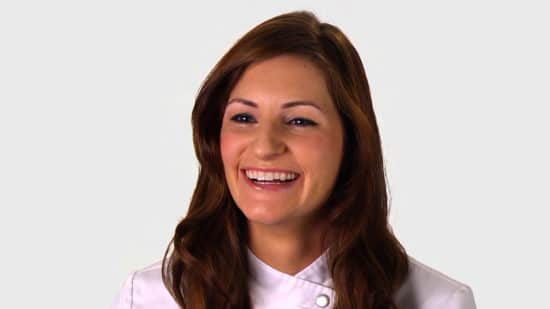Chef

What you need to know
Chefs and head cooks oversee the daily food preparation at restaurants and other places where food is served. They direct kitchen staff and handle any food-related concerns.
Chefs and head cooks work in restaurants, hotels, private households, and other food service establishments. All of the cooking and food preparation areas in these facilities must be kept clean and sanitary. Chefs and head cook usually stand for long periods and work in a fast-paced environment.
Some of the things a chef or head cook might do:
- Check the freshness of food and ingredients
- Supervise and coordinate activities of cooks and other food preparation workers
- Develop recipes and determine how to present dishes
- Plan menus and ensure the quality of meals
- Inspect supplies, equipment, and work areas for cleanliness and functionality
- Hire, train, and supervise cooks and other food preparation workers
- Order and maintain an inventory of food and supplies
- Monitor sanitation practices and follow kitchen safety standards
Watch this video to learn about some of the things our chef role models do in their careers:

- Business skills: Executive chefs and chefs who run their own restaurant need to understand the restaurant business. They should know how to budget for supplies, set prices, and manage workers so that the restaurant is profitable.
- Communication skills: Chefs must communicate their instructions clearly and effectively to staff so that customers’ orders are prepared correctly.
- Creativity: Chefs and head cooks need to be creative in order to develop and prepare interesting and innovative recipes. They should be able to use various ingredients to create appealing meals for their customers.
- Dexterity: Chefs and head cooks need excellent dexterity, including proper knife techniques for cutting, chopping, and dicing.
- Leadership skills: Chefs and head cooks must have the ability to motivate kitchen staff and develop constructive and cooperative working relationships with them.
- Physical stamina: Chefs and head cooks often work long shifts and sometimes spend entire evenings on their feet, overseeing the preparation and serving of meals.
- Sense of taste and smell: Chefs and head cooks must have a keen sense of taste and smell in order to inspect food quality and to design meals that their customers will enjoy.
- Time-management skills: Chefs and head cooks must efficiently manage their time and the time of their staff. They ensure that meals are prepared correctly and that customers are served on time, especially during busy hours.
Watch this video to learn more from our chef role models:

The average pay for chefs and head cooks in the United States was $56,520 in May 2022 according to the U.S. Bureau of Labor Statistics.
The specific pay depends on factors such as level of experience, education and training, geographic location, and specific industry.
About 22,000 new job openings for chefs and head cooks are projected each year, on average, over the next 10 years in the United States.
Overall employment of chefs and head cooks is projected to grow 5 percent from 2022 to 2032 according to the U.S. Bureau of Labor Statistics. This is faster than the average growth rate for all occupations.
Consumers are continuing to demand healthier meals made from scratch in restaurants, in cafeterias, in grocery stores, and by catering services. To ensure high-quality dishes, these establishments are increasingly hiring experienced chefs to oversee food preparation.
Although postsecondary education is not required for chefs and head cooks, many attend programs at community colleges, technical schools, culinary arts schools, and 4-year colleges. Candidates are typically required to have a high school diploma or equivalent to enter these programs.
Students in culinary programs spend most of their time in kitchens, practicing their cooking skills. Programs cover all aspects of kitchen work, including menu planning, food sanitation procedures, and purchasing and inventory methods. Most training programs also require students to gain experience in a commercial kitchen through an internship or apprenticeship program.
Discover some of the courses you will take pursuing a degree in Culinary Arts.
Watch this video to learn more from our chef role models:




